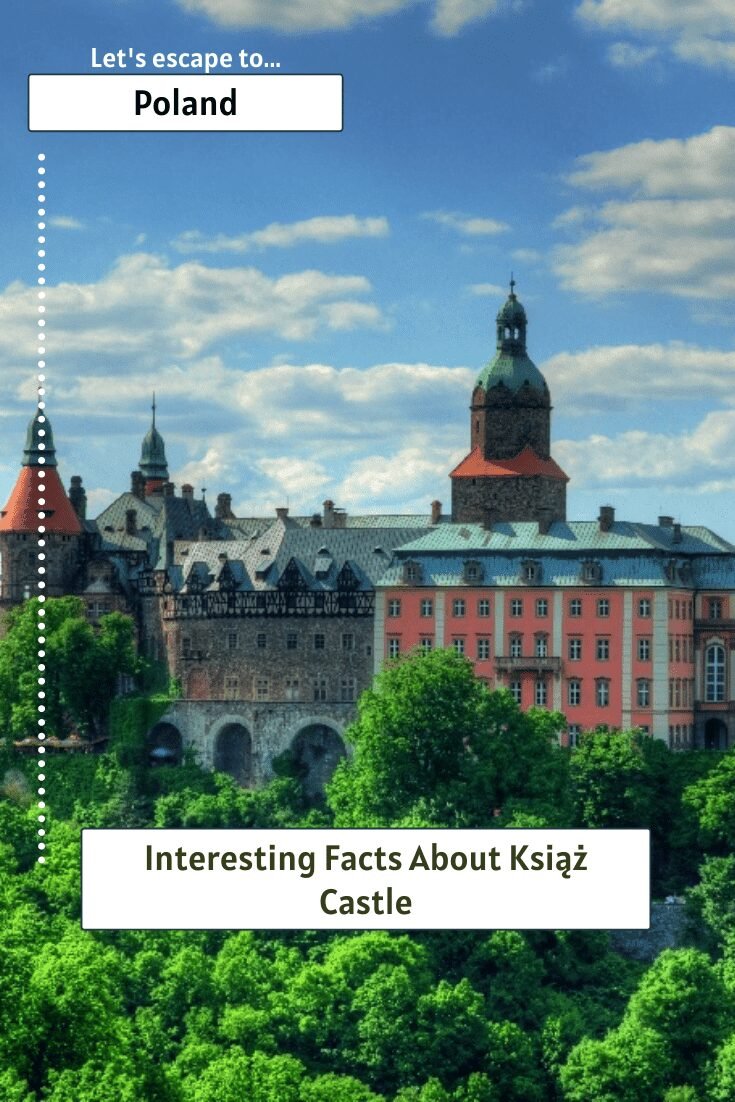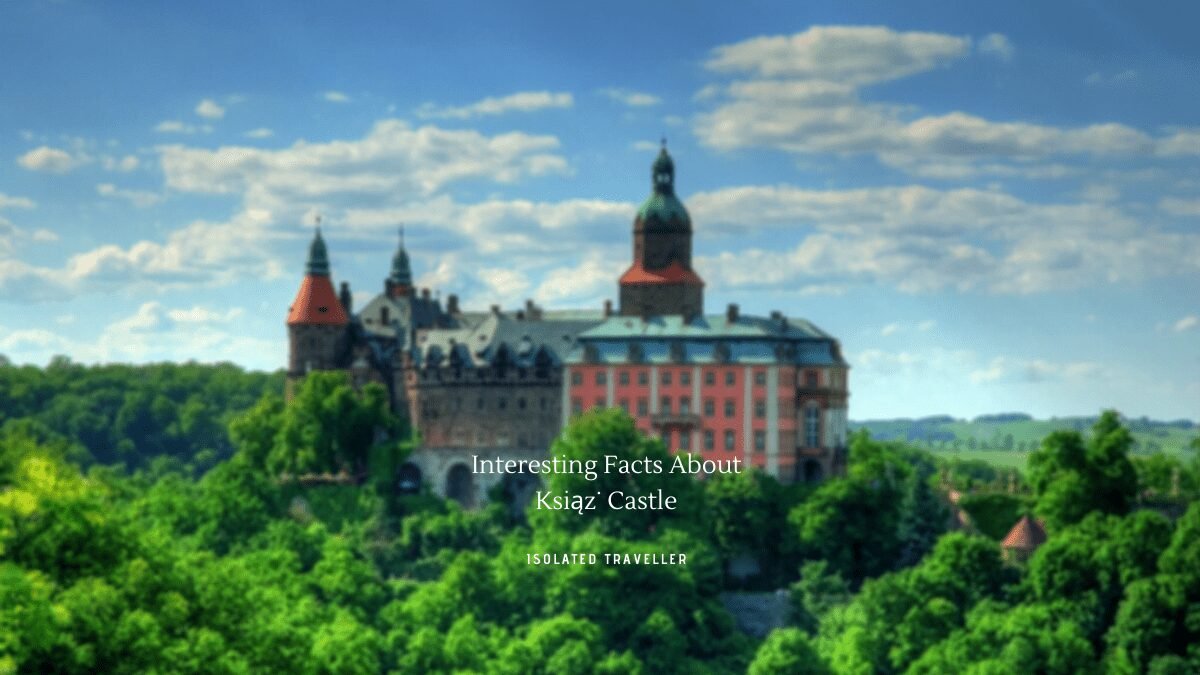Facts About Książ Castle
-
A first fortification at the site was destroyed by the Bohemian forces of King Ottokar II in 1263.
-
The second castle complex was devastated in 1482 by Georg von Stein, a military commander in the service of the Hungarian king Matthias Corvinus while his forces campaigned in Silesia.
-
During World War II, the castle was seized by the Nazi regime in 1944.
-
The Nazis stripped Ksiaz Castle of its furnishings and the castle then became an important part of the Riese Project, an elaborate plan to create an underground military-industrial complex complete with tunnels, roads, rail links and subterranean arms factories.
-
After the war, the castle complex was used as a recreation home and cultural centre by the communist authorities. In recent years, large parts of the interior have been elaborately restored.
-
From the mid 16th century onwards, the premises were rebuilt in a lavish Renaissance style.
-
Ksiaz Castle is one of the largest castles in Europe, the third-largest castle in Poland and the largest castle in Lower Silesia.
-
Książ Castle is referred to as “Pearl of Silesia”.
-
Full rebuilding work did not commence until 1972 and the latest period of restoration was completed only in 2005.
-
The City of Wałbrzych bought back the Palm House in Wałbrzych, and the Książ management company began to administer it. After 70 years, the castle and the Palm House are “together again”.


